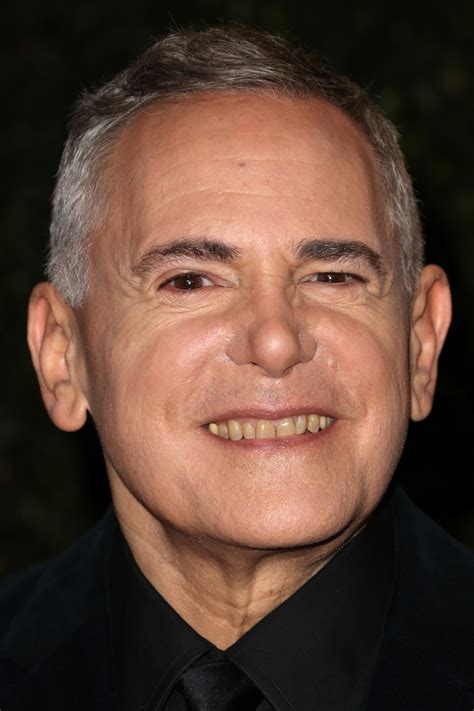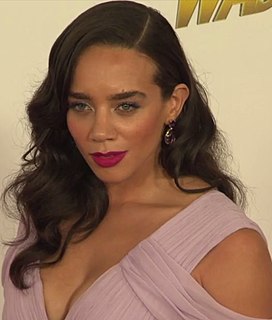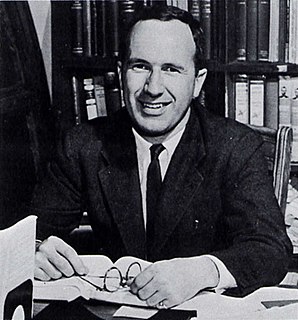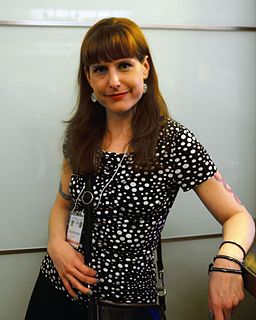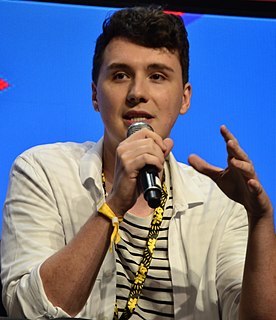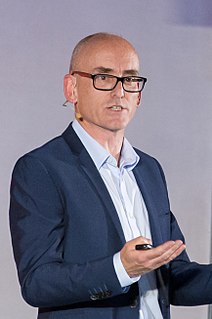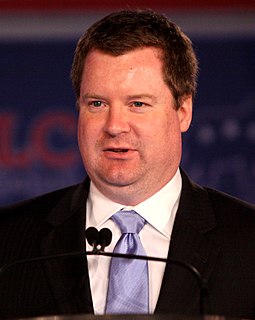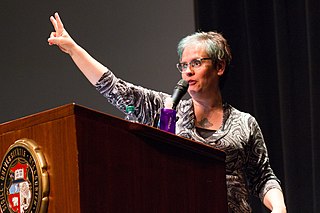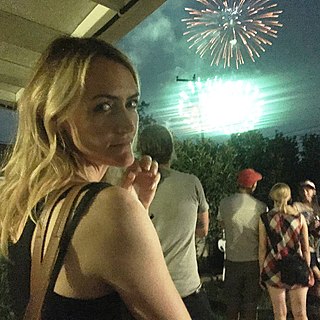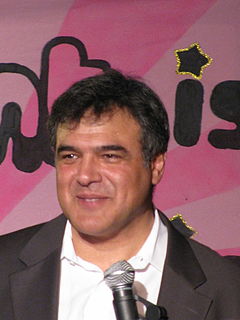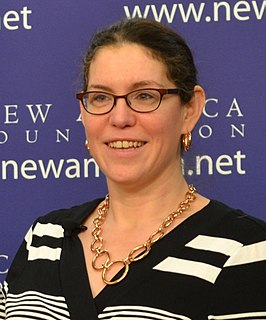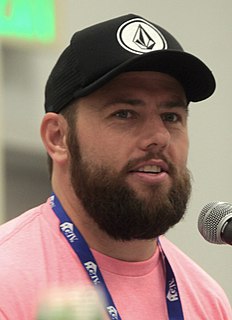A Quote by Julie Zeilinger
I can't really speak to what it was like to call yourself a feminist in the past on a personal level but I think calling oneself a feminist in the past may have been inimical because feminists in the '70s were the first to really challenge deeply embedded gender roles and demand concrete political and economic rights. They were asking for rights that seemed like a direct threat to those in power - they were asking for equality in a society that didn't have it in an obvious way. They were put down and villainized because they were seen as threatening.
Quote Topics
Asking
Because
Been
Call
Calling
Challenge
Concrete
Deeply
Demand
Direct
Down
Down And
Economic
Embedded
Equality
Feminist
Feminists
First
Gender
Gender Roles
In The Past
Level
Like
May
Obvious
Oneself
Past
Personal
Political
Power
Put
Really
Rights
Roles
Seemed
Seen
Society
Speak
Think
Those
Threat
Threatening
Way
Were
Yourself
Related Quotes
I know I certainly wouldn't be writing books if it hadn't been for the feminist blogosphere, and I think that's a really amazing thing. And just the sheer power of outreach I think is incredible. It used to be that if someone was to get involved in feminism, it was probably because they were already interested. They were already interested in feminism; they were already interested in being an activist, and they found their way to like a NOW meeting or to a consciousness-raising group or something like that.
I was a young feminist in the '70s. Feminism saved my life. It gave me a life. But I saw how so much of what people were saying was not matching up with what they were doing. For example, we were talking about sister solidarity, and women were putting each other down. We were talking about standing up for our rights, and women weren't leaving abusive relationships with men. There were just so many disconnects.
People ask me a lot, 'Well, can you be pro-life and be feminist? Can you be conservative and be feminist?' And I think that, yeah, maybe personally you can be those things. But I think if you're advocating for legislation, or if you're fighting to limit other women's rights, then you can't really call yourself a feminist.
You know, people ask me a lot, well, can you be pro-life and be feminist? Can you be conservative and be feminist? And I think that yeah, maybe personally you can be those things. But I think if you're advocating for legislation, or if you're fighting to limit other women's rights, then you can't really call yourself a feminist.
I ask you and all the leaders of the world: Would you act differently, would you keep silent and do nothing if you were in our place? Would you not resist if you were allowed no rights in your own country because the color of your skin is different to that of the rulers, and if you were punished for even asking for equality? I appeal to you, and through you to all the countries of the world, to do everything you can to stop the coming tragedy. I appeal to you to save the lives of our leaders, to empty the prisons of all those who should never have been there.
Television and movies were our biggest teachers. When we came to the United States, the Vietnam War was just ratcheting up. And so the Asian faces that I saw on the news, they were the face of the enemy. Asian men, particularly, were either small, ineffective, or they were evil. And those messages were deeply, deeply embedded in me for many years.
The war in Afghanistan was fought for feminist reasons, and the Marines were really on this feminist mission. But today, all the women in all these countries have been driven back into medieval situations. Women who were liberated, women who were doctors and lawyers and poets and writers and - you know, pushed back into this Shia set against Sunnis. The U.S. is supporting al-Qaeda militias all over this region and pretending that it's fighting Islam. So we are in a situation that is psychopathic.
The Americans of 1776 were among the first men in modern society to defend rather than to seek an open society and constitutional liberty.... Perhaps the most remarkable characteristic of this political theory sits in its deep-seated conservatism. However radical the principles of the Revolution may have seemed to the rest of the world, in the minds of the colonists they were thoroughly preservative and respectful of the past.






